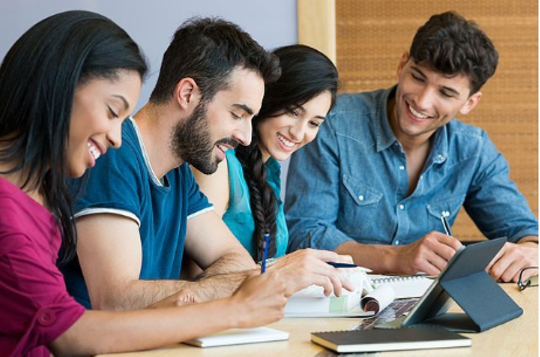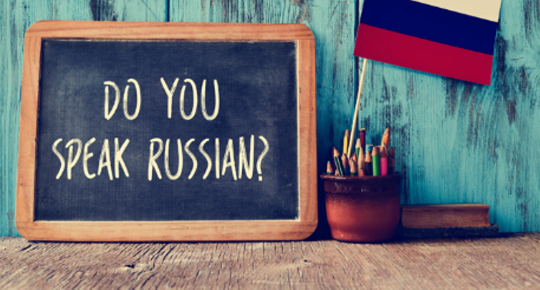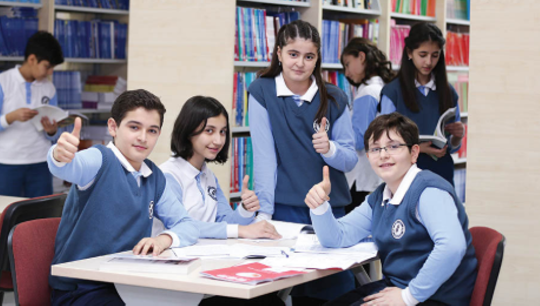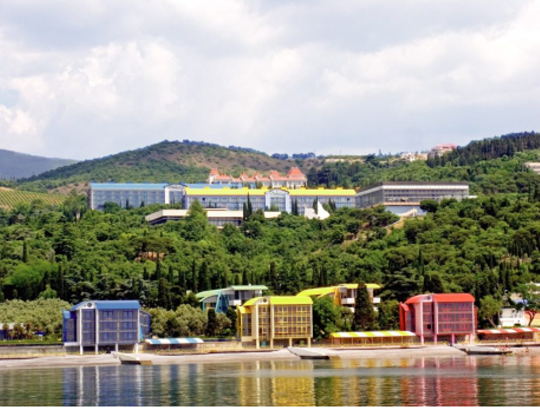whAT WE OFFER to you?
admission
University prep year
admission
University in Russia
admission
School in Russia
courses
Russian language
admission
Junior camps
services
Documents check
UNI Preparatory courses

Russian as a foreign language

High schools

SECONDARY SCHOOL Education system in Russia
General information
Russia is the largest country in the world by area, the 9th largest by population. Its territory incorporates 85 so-called Federal Subjects, 160 ethnic groups co-exist here. Due to this, in some republics where the majority of population identifies itself as belonging to other than Russians group, school education is sometimes performed in national languages. Russian population constitutes more than 146 mln people. School age students amount to about 15,5 mln people.
Russian school education system constitutes 11 years, 9 of them are compulsory.
The system is divided into 3 steps:
- primary school (1-4 years, age of students usually 6-10)
- middle school (5-9 years, age of students usually 11-15)
- high school (10-11 years, age of students usually 16-18)
After the 9th year compulsory education finishes, but to get their diploma students are required to pass state exam (OGE). They have to pass 4 subjects: Maths and Russian are obligatory, 2 more they choose themselves. There mark scale in Russia is from 2 to 5, 5 being the highest (excellent), 4 (good), 3 (satisfactory), 2 (unsatisfactory). In order to pass the exam they need to get at least a 3 in each subject.
Then there are 3 paths: a student can go to work (but they usually get unqualified jobs), go to a special vocational school or college (not the same as US college, it does not give any degree) or continue at high school.
If they choose to continue at high school, they study for 2 more years and then pass another state exam (EGE) which allows them to get a diploma and get points in order to apply to university. To be admitted to the exam they need to have at least satisfactory marks. They are required to pass 2 subjects: Maths and Russian. The rest of the subject are chose according to the program they are going to apply to at the university (universities publish the required subjects on their websites). The maximum number of points in one subject is 100. The exam is unified for the whole country.
School year is divided in 4 terms, starts on 1 September in the whole country and ends in May (in June for graduates who pass exams), with 3 short vacations in between. Holidays are unifies as well for the whole country, the dates are announced before the beginning of the year. It is usually 1 week in Autumn, 2 weeks in Winter, 1 week in Spring. First graders have an additional week usually in February and their winter break starts earlier than for the rest.
Depending on school and the age the week can be 5 or 6 days long.
There are about 700 private schools in Russia and almost half of them is situated in Moscow. Public schools average - 30 students per class, private
ones - 10 students per class.
There are also international schools, they mostly follow British curriculum.
In St. Petersburg there are around 1 000 schools and about 45 000 in Russia on the whole In Russia the majority of schools are public. They vary by name and specialization. There general education schools, so-called gymnasiums that are traditionally considered to be strong in Humanities and Languages and lyceums that are strong in Maths and Sciences. Schools have science labs, computer centers, study rooms, art and music rooms, libraries, study centers, sport halls.
As a rule, a local child attends the school located in the neighborhood, the one which is the closest to home. However, in big cities there are also so-called "special" schools, offering more in-depth studies of the major European languages (English, French, Spanish, or German), or the advanced courses in physics and mathematics, in arts and ballet, and the children attending one of these may have to commute from home.
There is no unified ranking for high schools in Russia. Mostly it is possible to see a ranking by the city.
List of some top Russian schools:
British International School, French Lycée Alexandre Dumas, GBOU School No. 1253, GBOU School No. 1306 - "School of Young Politicians", GBOU School No. 2107 named after Romain Rolland, GBOU Moscow School in the South-West No. 1543, Gymnasium No. 1520 named after Kaptsov, Gymnasium No. 1540 at Moscow City Pedagogical University, HSE Lyceum (on Pokrovka), International Gymnasium Skolkovo, International School Letovo, Lomonosov School, MOSH "Integratsiya XXI vek" (Integration 21st Century), Private Educational Institution School "Golden Ratio", School No. 57, School No. 1239 (Western Administrative District), School No. 1440 (Western Administrative District), School No. 1543
Junior camps
